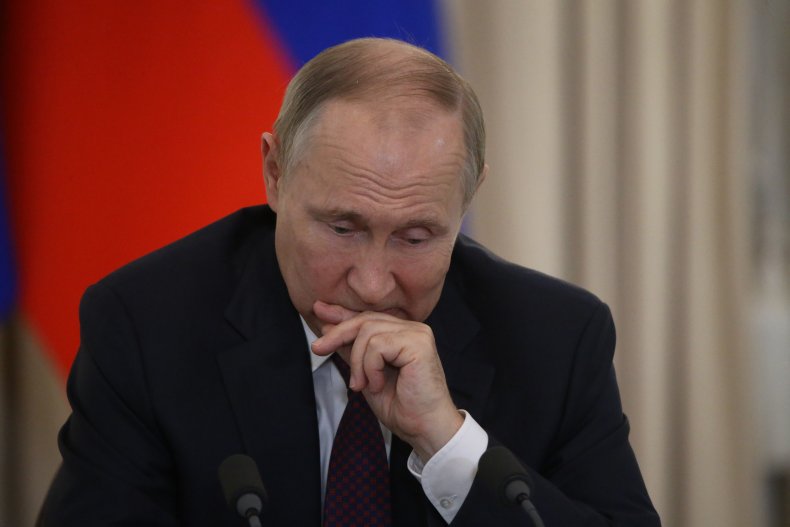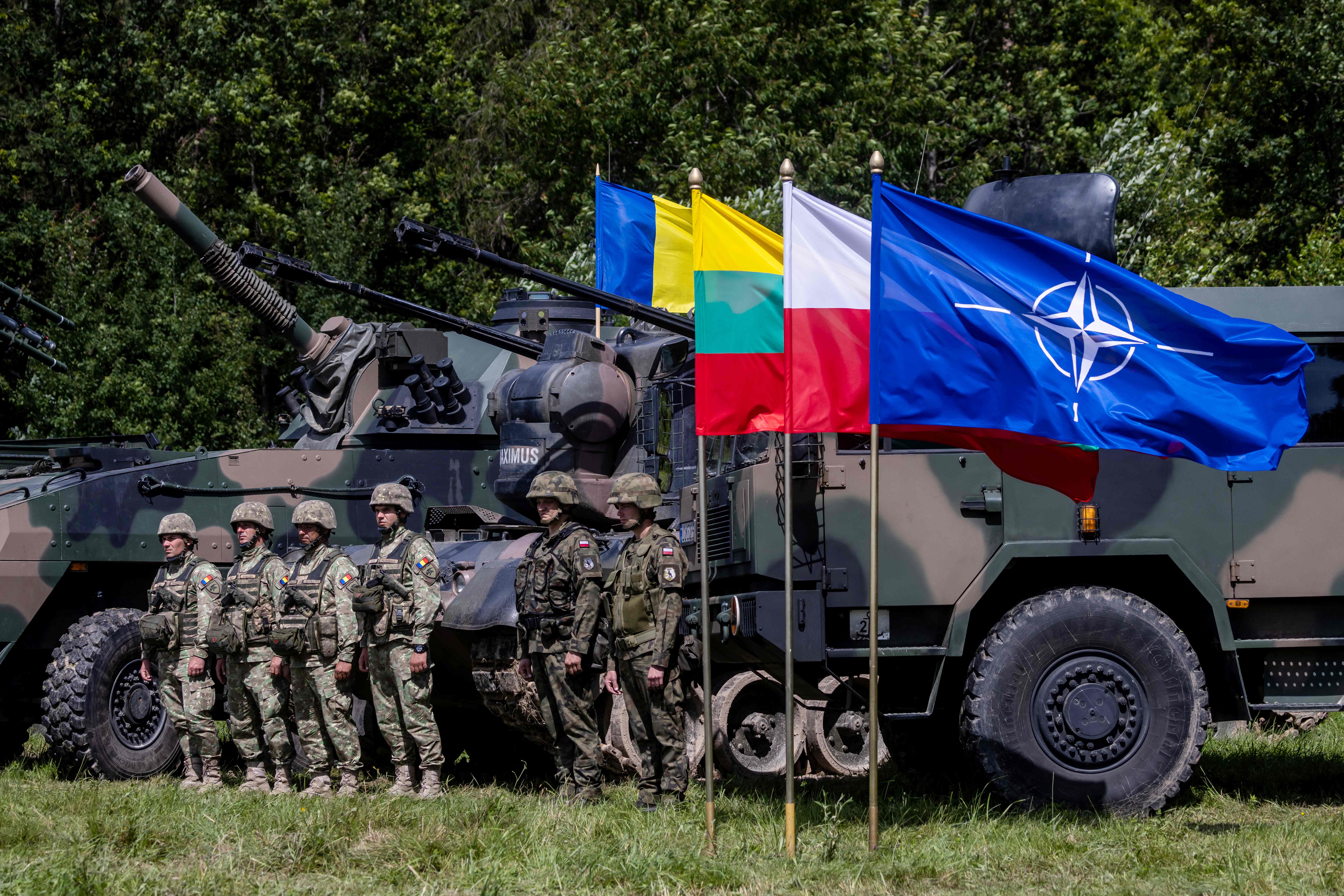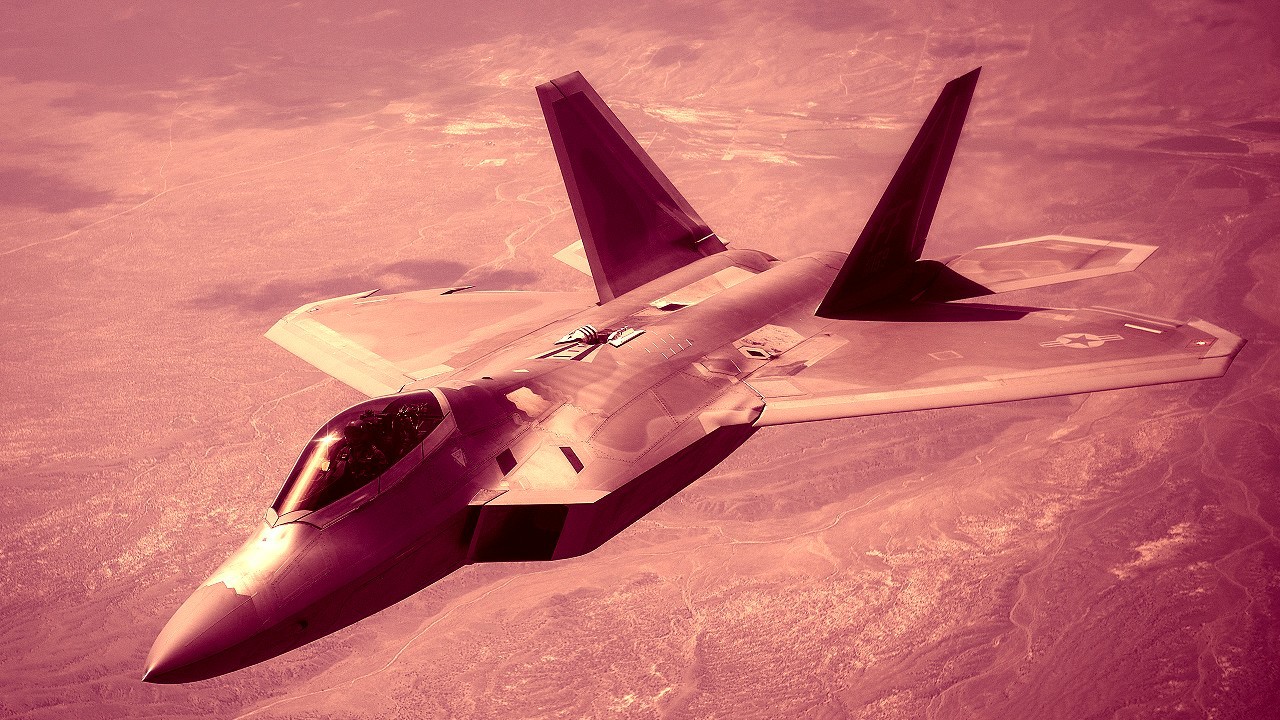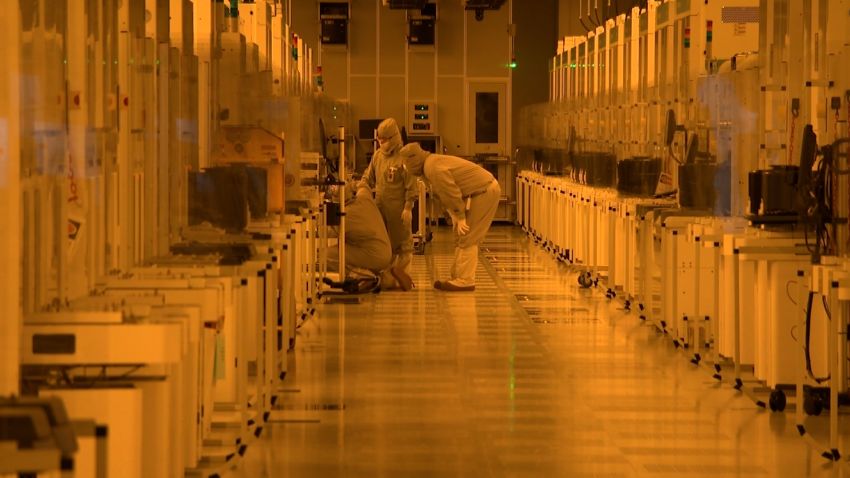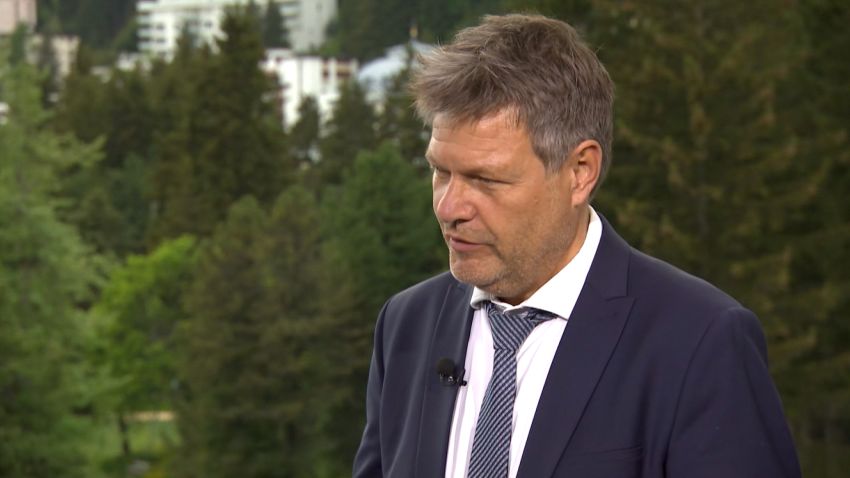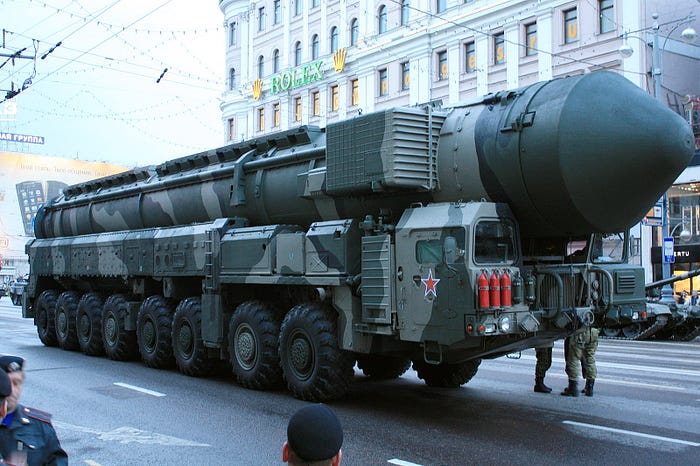Simon Hage, Martin Hesse, Michael Sauga, Benedikt Müller-Arnold
A few weeks ago, German industry executives clashed with Robert Habeck. At an internal, high-level roundtable, the German economy minister warned them against "naivety" in their dealings with China. Protests followed promptly, especially from Siegfried Russwurm. The president of the Federation of German Industries (BDI) considers the market to be indispensable simply because of its sheer size. The federation's stance is that the industry doesn't need any advice from the minister.
Sources who attended the meeting say Habeck quickly backpedaled, saying he said he didn't want his words to be interpreted as an accusation. Nor was he calling for German corporations to withdraw from China. However, it would be desirable for companies to increasingly tap into other markets – as counterweights to the People's Republic.
Business leaders responded to the minister's wish with a shrug of the shoulders. "With very few exceptions," said one industry representative, "no one wants to shut down their business in China." And, he says, they have already long since been looking around for opportunities elsewhere in Asia.
The episode shows that industry leaders and politicians lack a common understanding on how to best deal with Germany's most important trading partner in the future. The recent makeshift settlement of a dispute in Germany's coalition government over whether the Chinese state-owned shipping company Cosco should be allowed to acquire a stake in a Hamburg port terminal and the upcoming trip by German Chancellor Olaf Scholz to visit state and party leader Xi Jinping have cast new light on the issue. To what degree do German companies need to uncouple themselves from autocratically governed countries? And to what extent can they still engage in business with them?
The doctrine of "transformation through trade," to which Germany adhered for decades, was exposed as an illusion by Russia's invasion of Ukraine, a truth that even Germany's president accepts. "We must become less vulnerable and reduce one-sided dependencies," Frank-Walter Steinmeier told public broadcaster ARD, "and that applies to China in particular."
Germany has seen trade with the People's Republic quadruple since 2005, but during that same period, China has developed into a full-blown dictatorship. The West's hopes for further market-economy reforms have been dashed. President Xi Jinping, who had his power cemented last week at the 20th Party Congress, is fully committed to a state-controlled economy. "Henceforth: Marx gets precedence over the markets," says Jörg Wuttke, president of the European Union Chamber of Commerce in China. In his opening speech, he notes, Xi mentioned "Marx" 15 times, but the market only three times.
The world's second-largest economy after the United States is increasingly resembling a fortress in which domestic players are favored. The situation is becoming increasingly unpredictable due to the concentration of power in Xi's hands, warns Ismail Ertug, deputy head of the Social Democrats' party group in the European Parliament and a member of the Delegation for Relations with the People's Republic of China. The targeted persecution of the Muslim Uighur minority, aggression toward Taiwan and the increasing escalation in relations with the U.S. – all these will provoke reactions from the West sooner or later, Ertug says. Business leaders would thus be well advised to seek alternatives, he says, "the sooner the better."
But do Germany's corporate leaders even have an alternative? And what might such an alternative look like? Or are they simply hoping everything will turn out just fine in the end?
There is, in other words, a great deal of uncertainty, as the Chancellery's planning for the Beijing trip has shown in recent weeks. On November 3, Scholz is scheduled to land in Beijing to meet Xi for a day in the Chinese capital. A delegation of business leaders is to accompany him. It's actually a must-attend event for all company leaders who maintain relations with the People's Republic. When Angela Merkel would fly to China as chancellor, they pulled out all the stops to get on board the government plane.
The situation is different this time: As of last Wednesday, it was still unclear which business executives would accompany Scholz at all. Powerful representatives such as Mercedes-Benz CEO Ola Källenius or Martina Merz, the head of Thyssenkrupp, aren't joining him, nor is Deutsche Post CEO Frank Appel. Officially, some have said they have scheduling issues, others have given no reason at all. For many, the trip is simply coming at an inopportune time, even if no one wants to admit it openly. Images with Chinese leadership so soon after Xi's martial display of power at the October 22 party congress might not go over so well.
"What is important is that there is straight talk during Scholz's trip."
Leaders of some major blue chip German firms who are accompanying Scholz to Beijing, including Siemens CEO Roland Busch, BASF CEO Martin Brudermüller and Merck CEO Belén Garijo, don't share those fears. Personal exchange is vital at the moment, says Siemens, despite significant differences of opinion on specifics. "Sticking your head in the sand isn't an option," says one participant who asked not to be named. Especially given that some corporations have grown desperately dependent on the Chinese market.
Others wanted to join on the trip but didn't get invites, including representatives of the German Engineering Federation (VDMA). The expectations are even greater for the chancellor there. "What is important is that there is straight talk during Scholz's trip," says VDMA Executive Director Thilo Brodtmann. He says Scholz should "also address issues such as respect for human rights." He adds that VDMA is "fed up with the unequal treatment of companies in China." If that doesn't change, he says, "we will have to review our economic interests and put up more resistance to the Chinese."
The rift between politics and industry is revealed whenever Chinese corporations want to invest in German companies or infrastructure – be it the highly controversial takeover of Augsburg-based robot manufacturer Kuka in 2016 or, most recently, Cosco's planned investment in a port terminal in Hamburg. Whereas critics such as Habeck are warning about new dependencies, Scholz was persuaded by the argument of port logistics company HHLA that prohibiting the investment would jeopardize "long-standing and trusting customer relationships" with the Chinese partner. The German government ultimately approved the deal under pressure from the chancellor – on the condition that Cosco will only obtain a minority stake of less than 25 percent.
The federal government's kid-glove approach to China has irritated some within the business community. As recently as June, Habeck's ministry was admonishing companies that they had "a responsibility to respect human rights when they invest in countries like China." But such criteria no longer seem to play a role in the selection of Chinese investors for Germany infrastructure. Following the Cosco decision, calls from politicians for corporations to keep a critical distance from China's regime are likely to ring rather hollow.
At the same time, it has long been clear, at least to Germany's leading industry association, that the business community must find a new approach. The goal of free, open markets can no longer be maintained if systemic competitors like China enter the competition with state backing and a geostrategic claim to power. In an as yet unpublished policy paper, the BDI proclaims a "watershed moment." It might come as a slight surprise, but the association is calling for the greater politicization of industry. The BDI not only wants to bring corporate interests into the political arena – it also urges its members to take security considerations into account in addition to profit margins. With "weighty economies like China," especially, "cooperation needs to be redefined," says BDI head Russwurm.
The association recommends that companies should "diversify their import and export partners in critical segments in order to fundamentally enable a rapid shift to other markets." In the supply of raw materials, for example, "dependence on China is already greater than for oil or natural gas from Russia," the paper states. It calls for a "three-pillar raw materials policy" to identify additional supplier countries, promote more materials in Germany and drive the recovery of raw materials through recycling. The goal of all these measures must be to "strengthen Europe's sovereignty," the report states.
The paper is also surprising because the BDI is going against some of its own members, for whom pivoting away from China isn't even an option. The discord within the association can hardly be concealed: The member companies are oscillating between pulling back from China and even deeper integration in the Chinese market.
Volkswagen: Hooked
VW is part of the latter group. Ralf Brandstätter has the most important job outside of Germany's in Volkswagen's global empire. Since August, he has been responsible for more than 30 plants with more than 90,000 employees in China. Europe's largest automaker sells more than one in three cars in the People's Republic, and no other foreign market generates comparably high profits. Accordingly, Brandstätter doesn't think much of calls for the company to break away from the country. "We will not deliberately downgrade our strong market position in China," the VW board member says, conducting the interview by video chat from "V-Space," VW's glass edifice in Beijing.
Recently, the company came under criticism, including internally, for its heavy dependence on business in Asia. The supervisory board spoke of a "cluster risk" in China. Jörg Hoffmann, the head of the IG Metall trade union as well as the vice chairman of the VW supervisory board, also openly questioned the VW plant in the Xinjiang region, where the Chinese apparatus systematically discriminates against the Muslim Uighur ethnic minority, locking them up in re-education camps. Hoffmann said it would be necessary to examine "whether it would be right to end activity there."
But VW is currently far from suspending its operations in Xinjiang. Although Brandstätter is planning a visit to the plant in the region later this year "to get a picture of the situation on the ground myself," he says he isn't sure what to expect. But there are no plans to withdraw from the controversial plant. Too much is at stake for Volkswagen.
While the other two major sales markets – Europe and the U.S. – continue to slump, car sales in China have increased by 15 percent industry-wide this year. In other words, the People's Republic is once again the only glimmer of hope in an otherwise dangerously weak global economy. Companies that don't do business there are doomed to shrink.
Even China-critical employee representatives concede that the billions in profits from the People's Republic also secure jobs in Germany. That's because cars sold in China are partly developed in Germany. The high unit numbers increase profit per vehicle. Doing business with China, Brandstätter says, "makes us more competitive on the world market."
But what if one day this engine of growth fails because of a geopolitical escalation? Xi makes no secret of his plans for "reunification" with the independent, U.S.-protected island country of Taiwan. The head of state said at the party congress that a peaceful solution would be preferred, but he would "never promise to renounce the use of force."
Forcible annexation would be a disaster for the entire global economy. Taiwan is considered the center of the global microchip industry. If China cuts the global supply of semiconductors, car production in Germany would grind to a halt - a horror scenario. All parties involved in the Taiwan issue are "striving for de-escalation," VW executive Brandstätter believes. "No one wants to risk a military confrontation."
VW, like other automakers, is pursuing a dual strategy. The company wants to see cars in China as long as it can. But in order to prevent exposing itself entirely to China, the company is currently investing 7 billion euros in the world's second largest car market, the U.S. But some other industrial sectors actually want to further expand their China share. Chemicals giant BASF, for example.
BASF: The China Offensive
Martin Brudermüller has little understanding for the discussion about the correct China policy. "At the moment, society and the media are looking for every opportunity to report negatively about China," the man the Frankfurter Allgemeine Zeitung newspaper once described as BASF's "John Wayne" rumbled at a press conference last Wednesday. His presentation served to justify the China strategy of the global market leader he heads.
The gas crisis, permanently higher energy prices in Europe, weaker demand in Germany – all this shows "how important it is to have a balanced regional setup," Brudermüller said.
He says he doesn't consider the setup of his own company to be balanced at the moment. Its footprint in China is too small. The company generates 40 percent of its revenues in Europe, but only 15 percent in China. From Brudermüller's point of view, that's a glaring disproportion given that the People's Republic will soon account for half of global chemical production.
In response, the BASF CEO wants to invest a whopping 10 billion euros in a new compounds site, a state-of-the-art factory in the southern Chinese city of Zhanjiang. It plans to dramatically increase its business operations in the autocratically led country in the long term. Brudermüller admits that BASF does see risks in China. On the other hand, he says, you have to ask "what kind of risk is a company taking by giving up on half of the world market?"
It's a view that isn't shared by all in German industry. Specialty chemicals manufacturer Laxness, for example, is pulling back on its China operations, at least as far as its own production facilities are concerned. The former Bayer subsidiary operates a large factory near Shanghai for engineering plastics, which are used primarily in the automotive industry.
Laxness now wants to spin off the entire division into a joint venture in which the company would hold only a minority stake, with the remainder going to a financial investor. The rationale is that this will make the company less dependent on cyclical fluctuations.
As a result of the trade war with the U.S., parts of chemical production would move out of China and relocate – to Vietnam, for example, Laxness believes. Recently, the company has shown a preference for larger acquisitions in the U.S. And competitor Evonik is focusing its Asian expansion on Singapore rather than China.
Brudermüller, who headed BASF's Asian business from Hong Kong for 10 years, is no stranger to such caution. As recently as September, he spent three days in the country – and was enthusiastic about its "unbroken dynamism." The BASF boss says he doesn't want to give politicians advice but that what Berlin needs more than a change of course in its China policy is for Germany and Europe to work out a "resilience strategy." He says a global analysis could reveal where dependencies, untapped potential and deficiencies exist. There would be "a China chapter, but also a Germany chapter" in which to read what needs to change.
"We have to ask ourselves whether it would be wise in the current situation to have only a China growth strategy."
In Europe, Brudermüller is already taking action. He has just announced plans to save 500 million euros a year, with more than half of that coming from Ludwigshafen in Germany, also at the expense of jobs. However, he doesn't want to change his company's plans in China.
That combination is causing growing resentment within the company. "If Mr. Brudermüller were to push the expansion plans for China even further and at the same time not show any strategic perspective for the sites in Europe, that would not be acceptable," says Michael Vassiliadis, a union boss and the longest-serving member of the supervisory board at BASF. He says he expects the management board to develop solutions that go beyond mere staff reductions and shape the future. "If BASF loses Europe, it could kill the company."
Vassiliadis criticizes BASF for publicly making itself the "frontrunner" in German industry for a continuation of the past China strategy. "I caution against putting all our eggs in one basket and underestimating the geopolitical risks." He says the 10-billion investment was a "bet that growth in China will continue linearly for a long time like a law of nature," which is by no means certain. Several stable pillars are important for a company like BASF, he says, and innovations and investments in the green transition need to be made globally. "We have to ask ourselves whether it would be wise in the current situation to have only a China growth strategy."
Vassiliadis' push is a plea to seek opportunities in Europe rather than increasing exposure in China. Especially given that competition with China certainly creates new opportunities for Europe's companies.
Siemens Energy: The Challenged
At Siemens Energy, many aren't happy about the growing skepticism toward China. Fears of espionage and the misuse of data by the regime in Beijing could even pay off for the German company.
In the global energy industry, Siemens Energy is regarded as a model German company. It wants to change radically in the next few years, hoping to move away from fossil technologies such as gas-fired power plants, to converters, transformers, lines for wind power or hydrogen – high technologies that Germany needs for its own energy transition and that can help defend its status as a leading export nation.
It's necessary, too: In recent years, wind power specialists from China have been pushing into Europe, and six of the world's 10 largest wind turbine manufacturers now come from the country. Conversely, the Chinese have largely kept Europe suppliers out of their own energy business. China is sealing off its own market – and at the same time exporting its state-supported energy technology all over the world, Siemens Energy CEO Tim Holt says, critically.
The wind turbine manufacturer is therefore pinning a lot of hope on stricter political regulation. For months, the German government has been working to exclude Chinese suppliers from tenders for critical infrastructure, an exclusion it wants to expand to include energy networks in the future. If that were to happen, then so-called converter platforms, transformer stations on the high seas, would no longer be allowed to rely on Chinese technology. Network equipment supplier Huawei has already been the focus of a similar lockout. It has been banned from supplying parts of Western mobile phone network coverage.
Germany, so the lesson goes, will have to seal itself off and become a little bit more like China in order to protect itself from the People's Republic.


:quality(70)/cloudfront-us-east-1.images.arcpublishing.com/archetype/PZEF6KBOR5AFZEOGTE7SCKVOUA.jpg)
